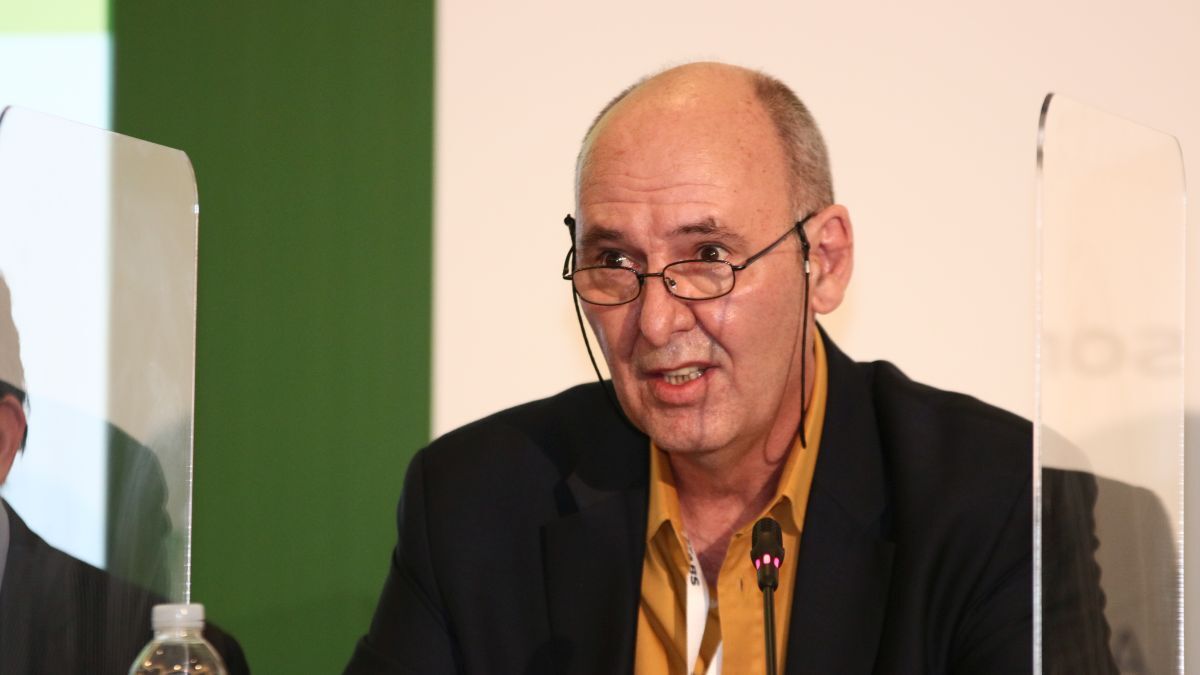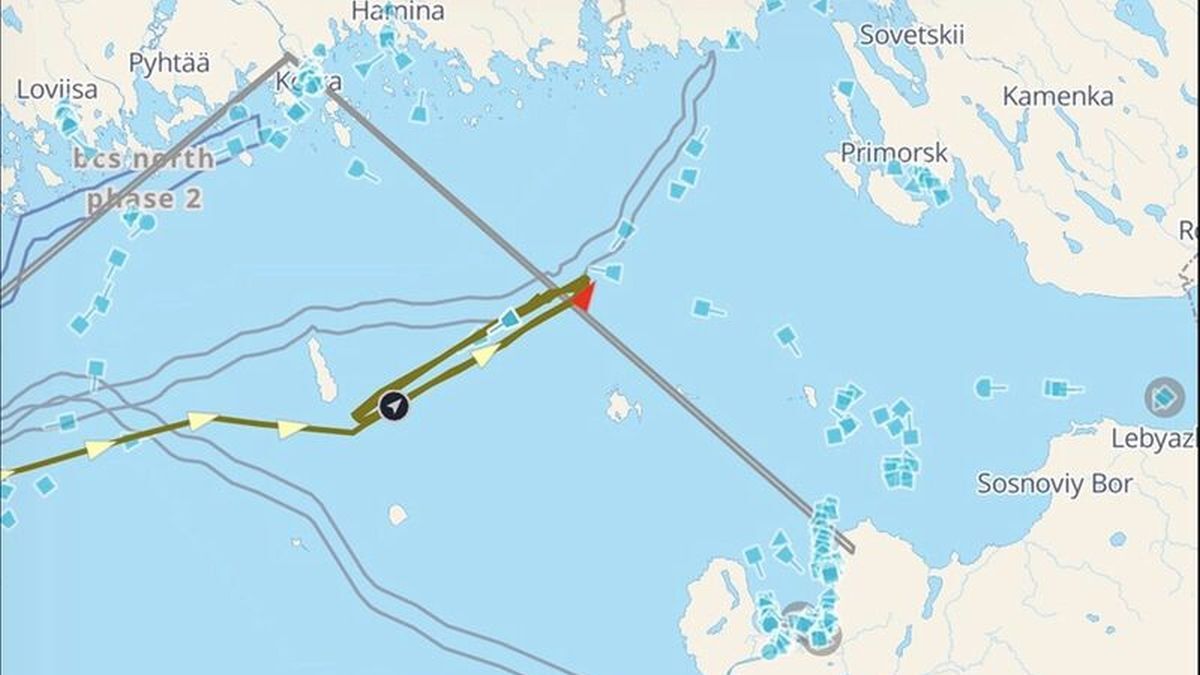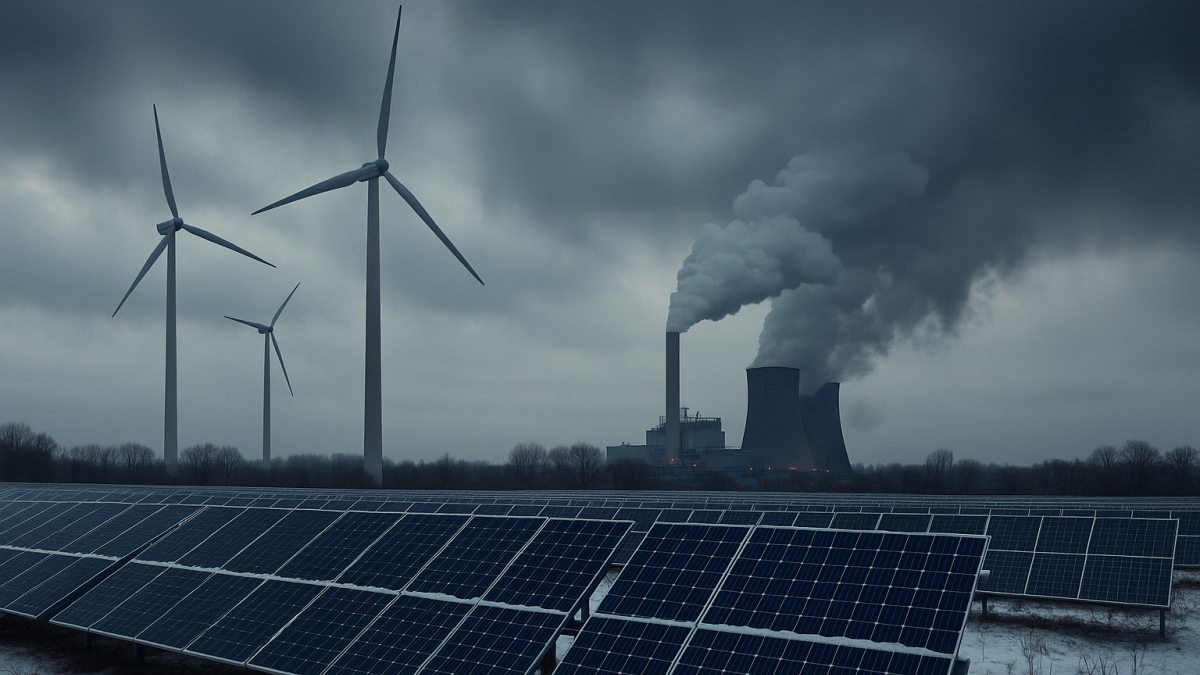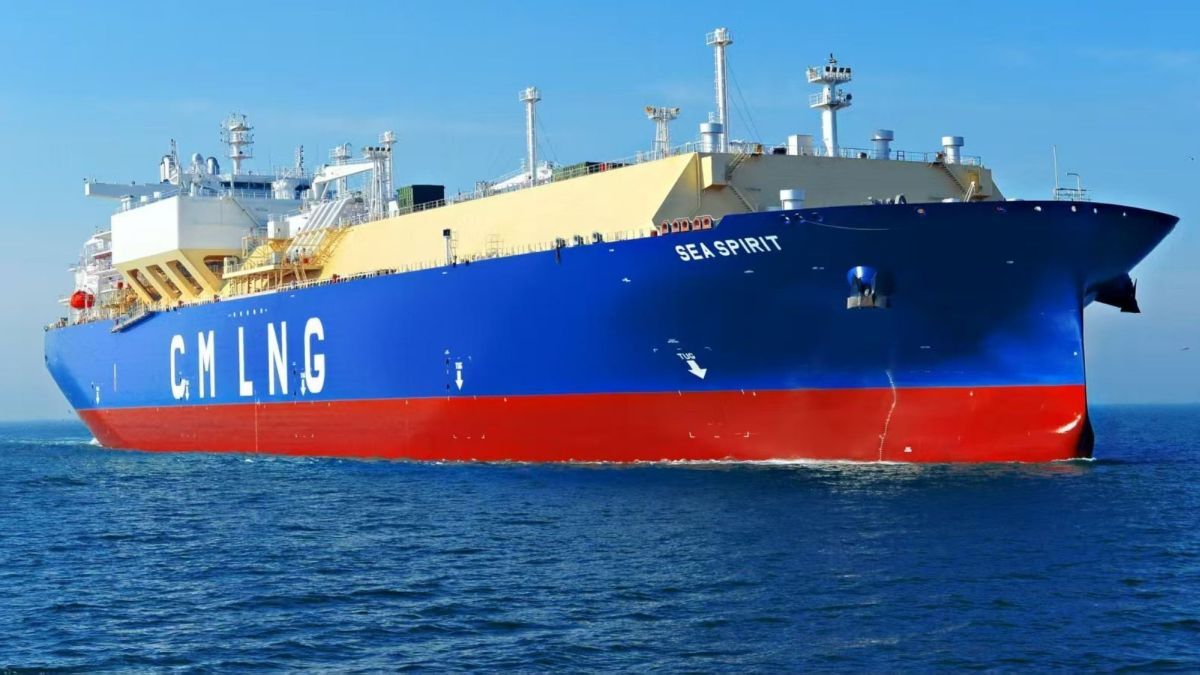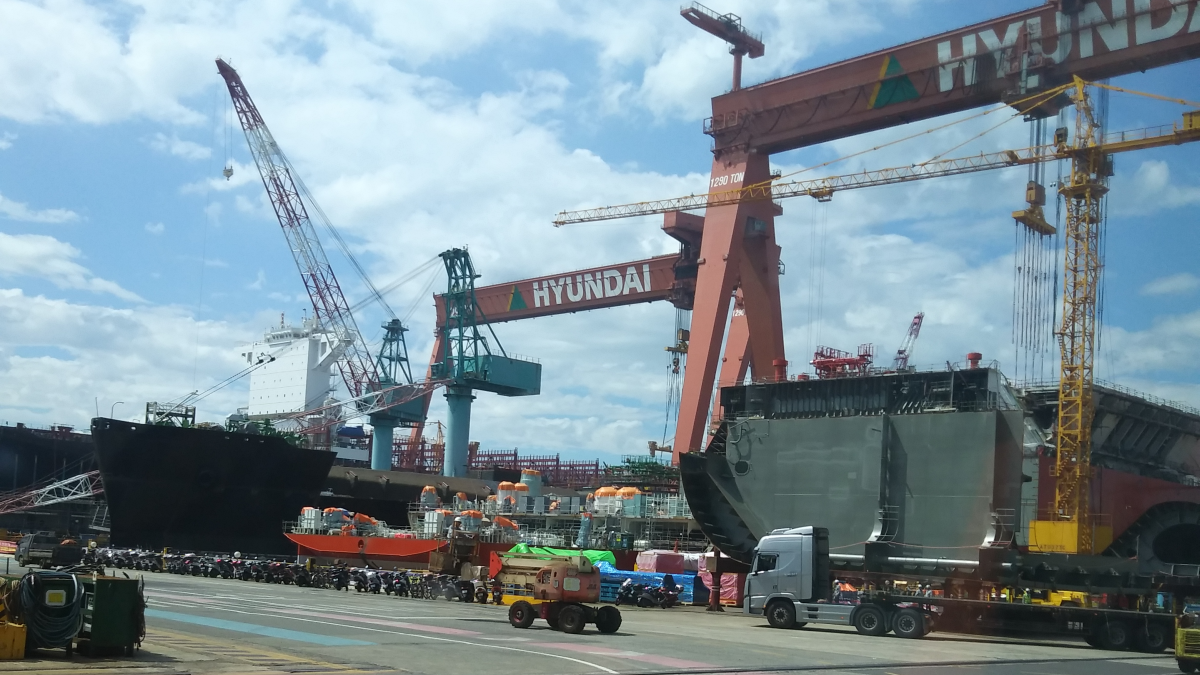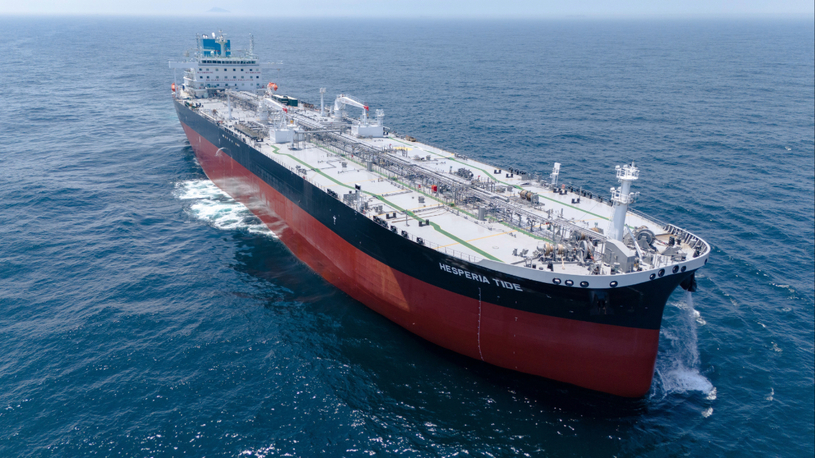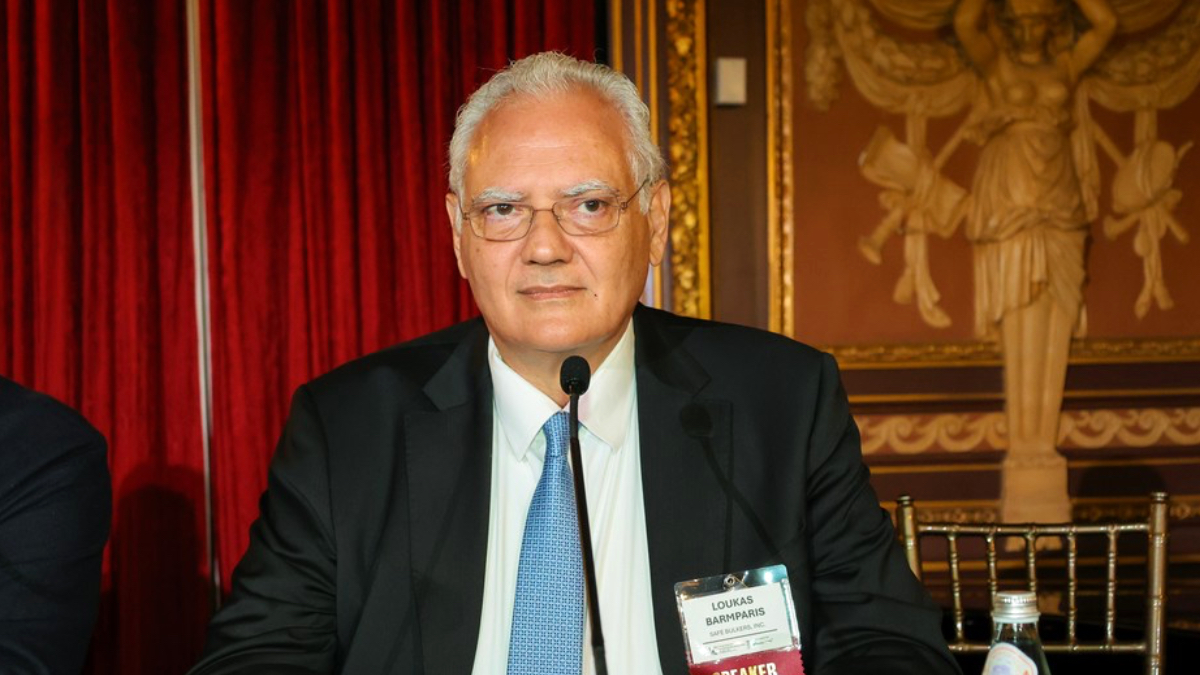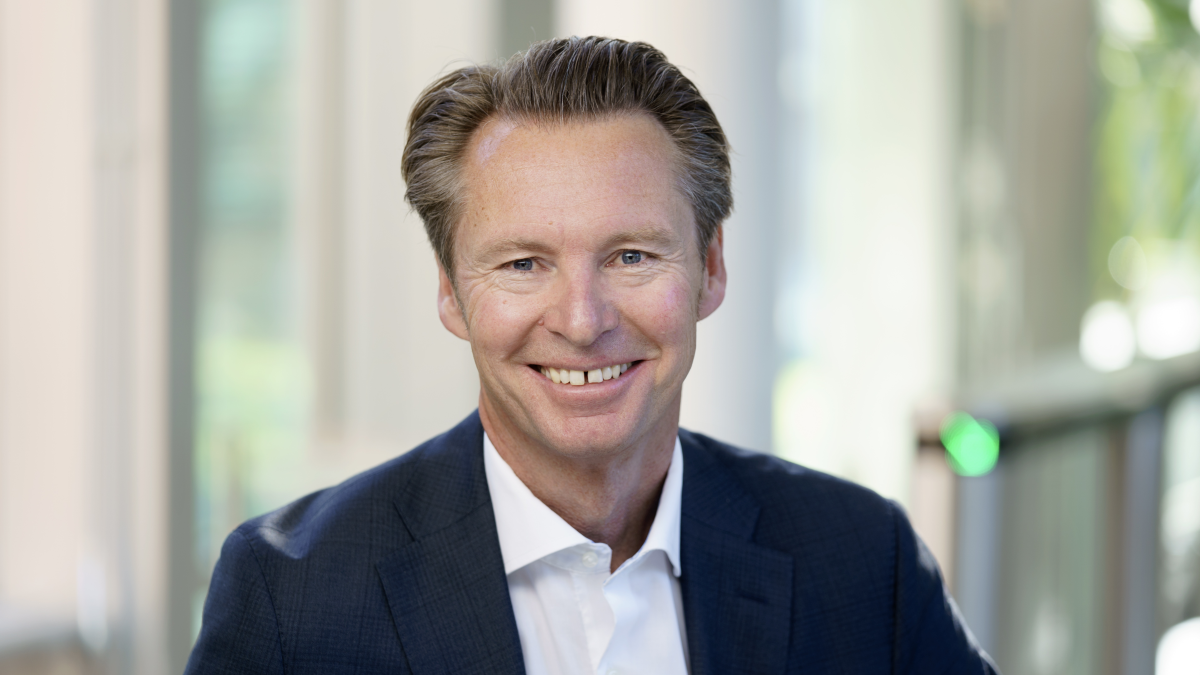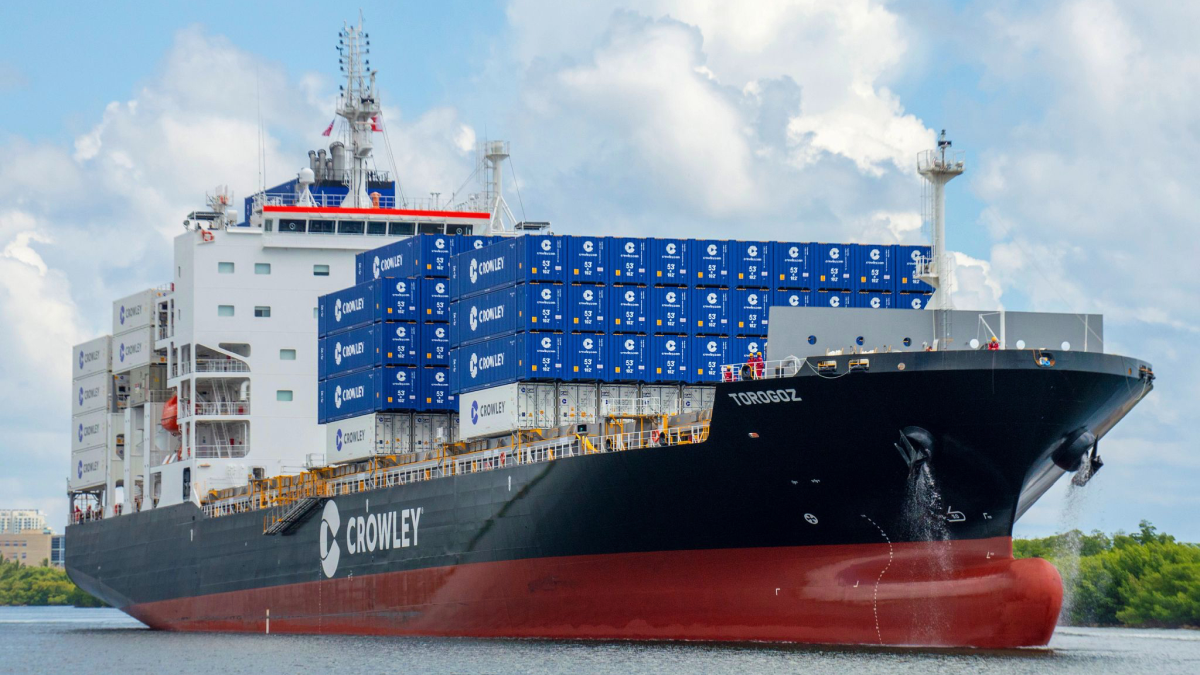Business Sectors
Events
Contents
Register to read more articles.
Ask any question: experts speak their minds
During the recent Tanker Shipping & Trade conference in Athens, three experts spoke for five minutes apiece on key subjects impacting the tanker sector
Speaking during the recent Tanker Shipping and Trade conference, industry expert Axel Kahl – who was with Shell and now runs Chemical Marine, a consultancy providing audits on company procedures and chemical trade expertise – expressed his concern about the regulatory environment and its impact on crew.
He has examined over 120 Safety Management System (SMS) documents and found some that are out-of-date, with others not being relevant (some just cut and pasted fromindustry guidance without company guidance or other sources) or full of contradictions: “How can you expect people to follow your procedure if the procedure is not right?” he asked.
There is also, he said, an over-reliance on the outcome of audits from the oil majors. “When I was working for Shell, it [the audit] was very strict (post Erika and Prestige incidents). If we are looking at audits today, they are much easier. Why, because there have not been major incidents recently,” he said.
If there is an incident, it is likely to result in more strict audits like in the past. New rules and regulations and guidance (like "The Human Element" might be added to the TMSA, which in his opinion, is over-loading crew already suffering the consequences of the pandemic.
“There is a lot of stuff (in documents) which is not best practice as far as I am concerned,” he said. “It adds more workload on the people on board ships. That is not good and is contrary to the aspirations when we say, ‘we take care about our people on board’,” he said.
“How can you expect people to follow your procedure if the procedure is not right?”
The second expert to speak during the session was Filtersafe’s head of marine, Mark Riggio, who has been involved in ballast water treatment since 2006, when he presented a paper on the impact of fitting ballast water treatment systems on ships. Has anything changed in the last 15 years? “I think everything has changed, but a lot of it really hasn’t changed,” he said. As a former producer of ballast water treatment systems, he explained that a tanker needs a steady, predictable, flow of ballast water as the vessel discharges.
“You need to know what you are going to get,” he said. “I think as an industry that is something we have not always provided to [shipowners]. As a ballast water equipment manufacturer, which I was for years, I looked at how to solve those problems and how to make ballast water, effective for vessels.”
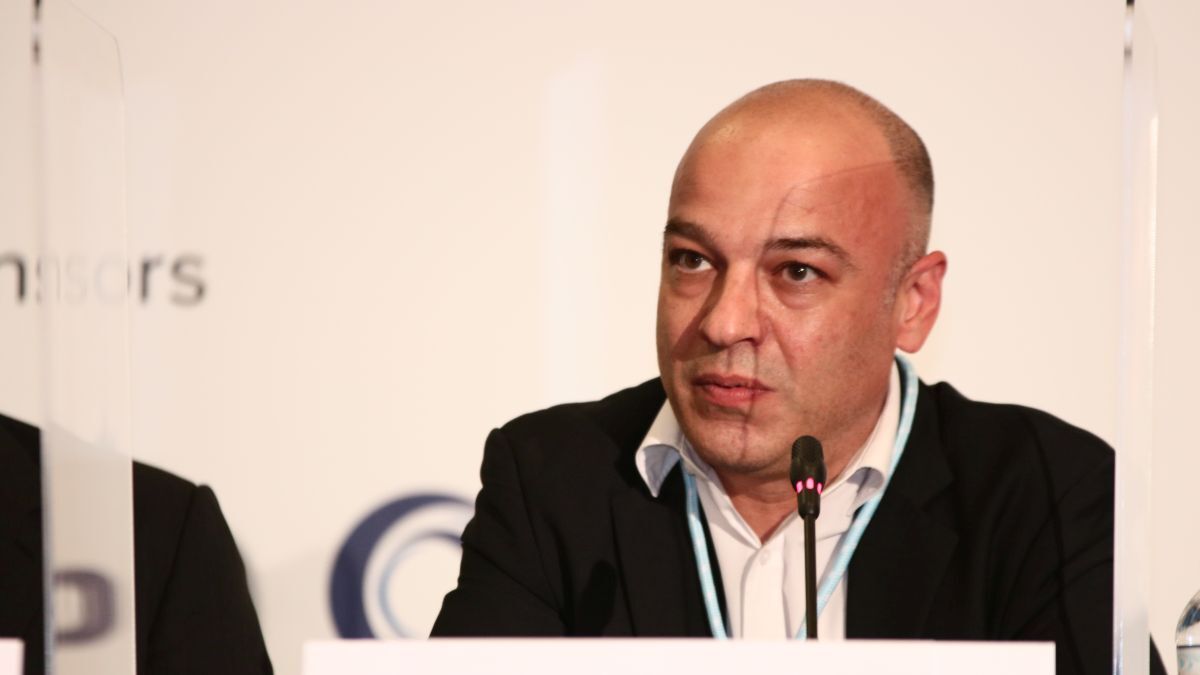
This philosophy carries over into his present role at Filtersafe, a company that makes filters specifically for ballast water treatment systems. “If my [ballast water treatment] system filter is too hard to work on, your crews will not use it, and this will all be for nothing,” he said.
Leonidas Karystios, of classification society DNV, expounded on the fundamental role that the tanker segment plays in world trade and how its evolution into a sustainable resource is vital. “This is the aspiration, the reason we are all here,” he said. “My take is that despite the uncertainty of what is coming, the tanker segment has an important role to play, [both] today and in the future.”
Dr Alex Glykas of DYNAMARINe had a challenging question from the floor to the panel. “What do you expect will be the next big change in IMO regulations for tankers?” he asked.
Mr Karystios cited a potential new regulation or a change to the operational model of tankers. Decarbonisation and the move to reduce carbon will likely impact the movement of hydrocarbons. With less demand, will the fleet reduce, and will tankers themselves become smaller? There will be a drive toward greater efficiencies, which could result in more autonomous systems and less crew – an increase in the Uber-isation of the tanker business model.
“Despite the uncertainty of what is coming, the tanker segment has an important role to play”
This concept of Uber-isation holds inherent dangers, according to Mr Kahl, especially when it comes to manning and safe manning certification. “The number of crew depends on your trading area,” he said. “It depends on how many port calls you have and the [complexity] of cargo operations.”
He added that tankers built to safe manning certification specifications do not have the extra accommodation required to house a superintendent or supercargo. “I don’t understand why this [is allowed] to go through,” he said. “There are definitely times when the minimum safe manning certificate is not adequate for particular ships.”
The audience also asked the panel what it thought would be the best- and worst-case scenarios for the industry over the next two years?
Mr Karystios noted that the worst-case scenario would be the tanker industry not showing strong signs of evolving. This is unfortunately evident in the shipyards, where tankers are currently under construction to designs and technology that is five, 10 and even 15-years old. “The best-case scenario for me,” he said, “would be tanker sectors adopting new technologies.”
Mr Riggio said: “The best- and worst-case scenarios for the tanker industry are all about one very simple thing: planning.”
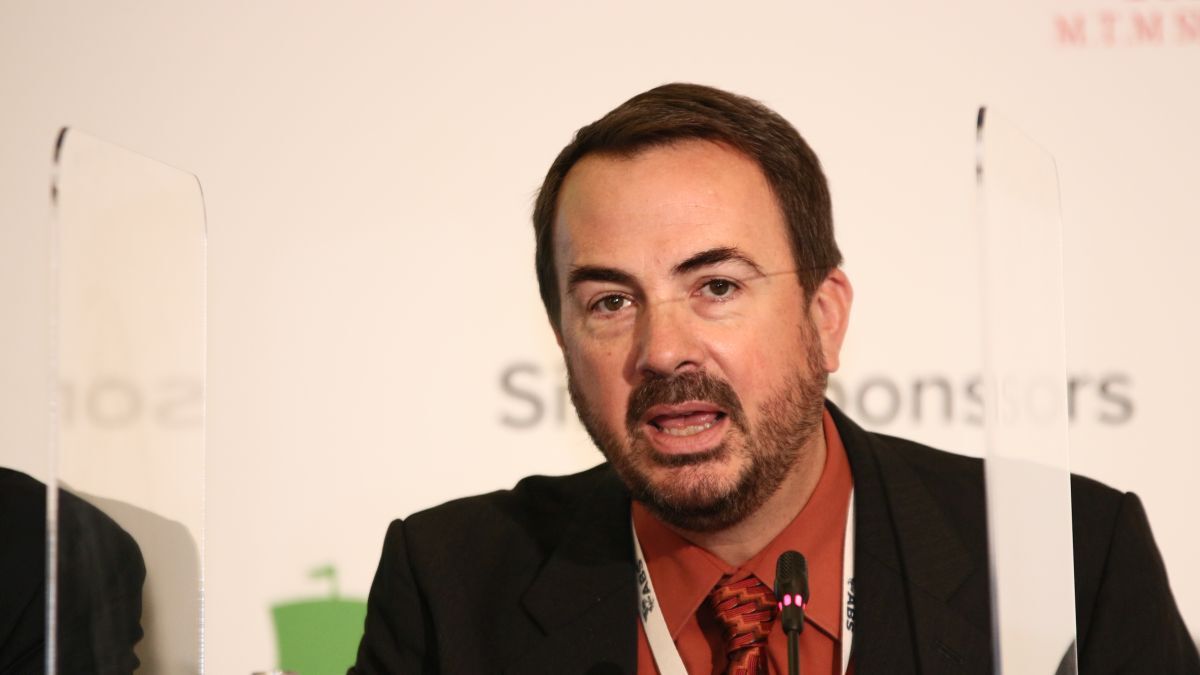
Taking the Ballast Water Management Convention as an example, he noted that the tanker sector is a little ahead of other shipping sectors in having retrofitted ballast water treatment systems. That is the best-case scenario, but he noted that danger lies in the smaller tanker sectors. These, like a large part of the shipping fleet, are behind the timeline to be ready for the D-2 ballast water standard deadline in September 2024.
Finally, Mr Kahl cited crew availability as one of the biggest challenges facing the sector. “At the moment, crew are leaving the shipping business because they are fed up [with Covid restrictions],” he said. “In summary, we need to be careful not to add even more workload (paperwork, audits etc.) on the people on board ships and in the office."
Related to this Story
Events
Offshore Support Journal Conference, Americas 2025
LNG Shipping & Terminals Conference 2025
Vessel Optimisation Webinar Week
© 2024 Riviera Maritime Media Ltd.


